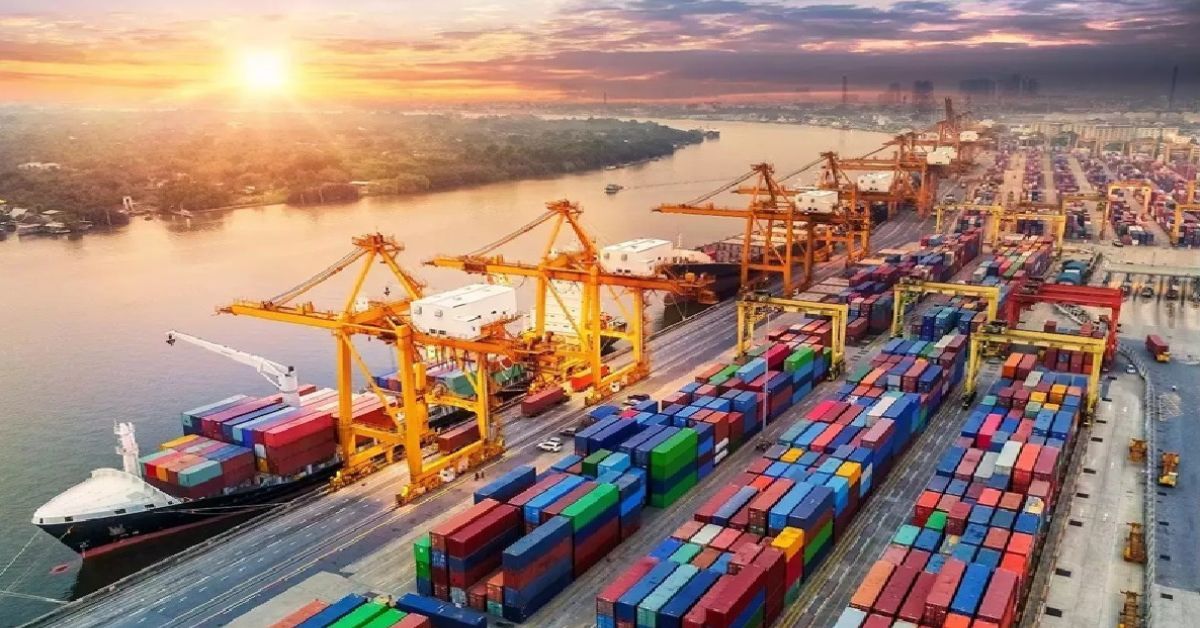The India-United Arab Emirates (UAE) Comprehensive Economic Partnership Agreement (CEPA) has proven to be a significant driver of trade growth between the two countries as it completes three years since signing on Tuesday. Bilateral merchandise trade between India and the UAE has nearly doubled in this period, rising from $43.3 billion in FY21 to $83.7 billion in FY24.
Signed during a virtual summit between Prime Minister Narendra Modi and UAE President Sheikh Mohamed bin Zayed Al Nahyan, the agreement entered into force on 1 May 2022. In its three years, the India-UAE CEPA has significantly strengthened economic ties, driven robust trade growth, and created new opportunities for businesses in both countries.
In the first nine months of FY25, trade has already reached $71.8 billion. This surge has been driven by CEPA’s focus on diversifying the trade basket, with non-oil trade reaching $57.8 billion in FY24, accounting for more than half of the total trade. Both countries are on track to hit the target of $100 billion in non-oil trade by 2030, as per the commerce ministry.
India’s exports to the UAE have seen substantial growth under the agreement, particularly in non-oil sectors. Non-oil exports reached $27.4 billion in FY 2023-24, marking an impressive 25.6% annual growth since the agreement came into effect, as per the ministry. Key sectors contributing to this growth include electrical machinery, high-tech products, and organic chemicals. Additionally, smartphones have emerged as a major export item, with exports valued at $2.57 billion in FY24.
The agreement has also facilitated over 240,000 certificates of origin, enabling Indian exports worth nearly $19.87 billion to the UAE. Both governments have worked closely to resolve issues faced by exporters through regular high-level meetings and technical discussions, ensuring smooth trade flow, the commerce ministry said.
The CEPA’s success is further exemplified by initiatives like the Bharat Mart, which was inaugurated in Dubai by Prime Minister Modi in February 2024. The platform serves as a one-stop shop for Indian manufacturers, providing access to global markets and further enhancing India’s export prospects.
India exports a range of goods to the UAE, with refined petroleum products, chemicals, and gems and jewellery being key items. Other significant exports include pharmaceuticals, textiles, garments, and agricultural products such as rice, pulses, and spices.
On the import side, India primarily imports crude oil and petroleum products from the UAE, which are essential for the country’s energy needs. Natural gas, especially liquefied natural gas (LNG), is another key import from the UAE. India also imports gold, precious metals, and stones from the UAE, which are important for its jewellery industry.







